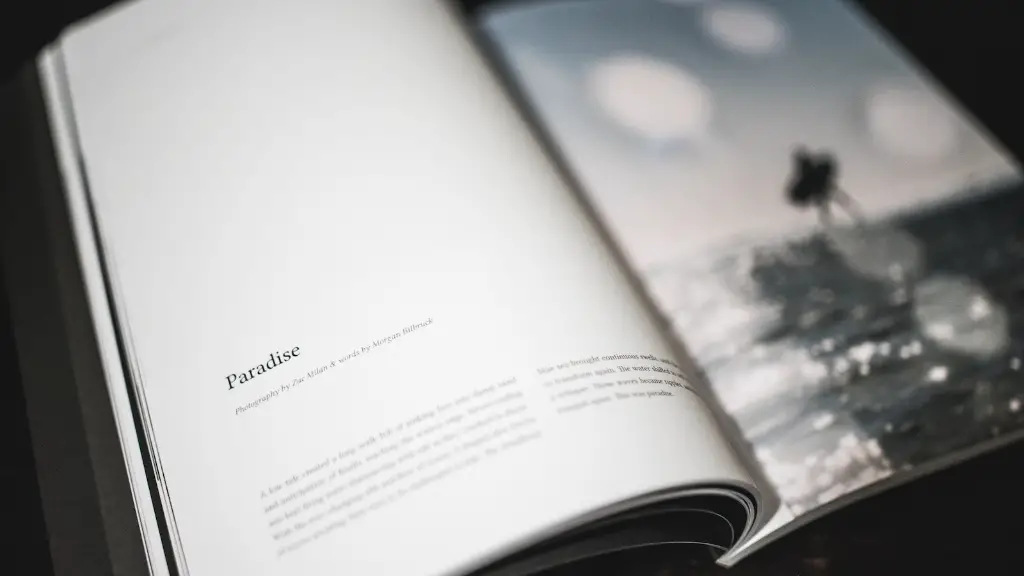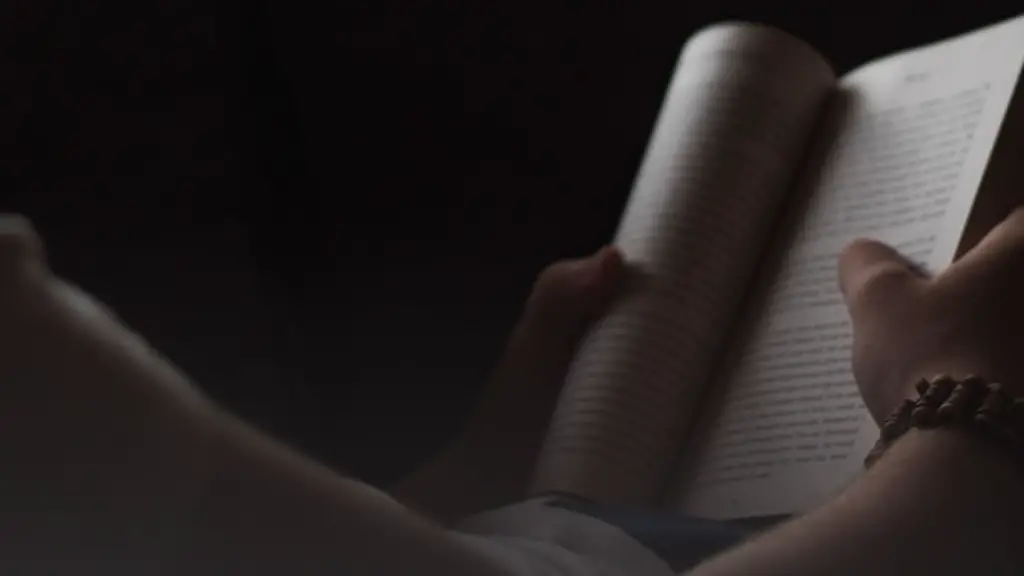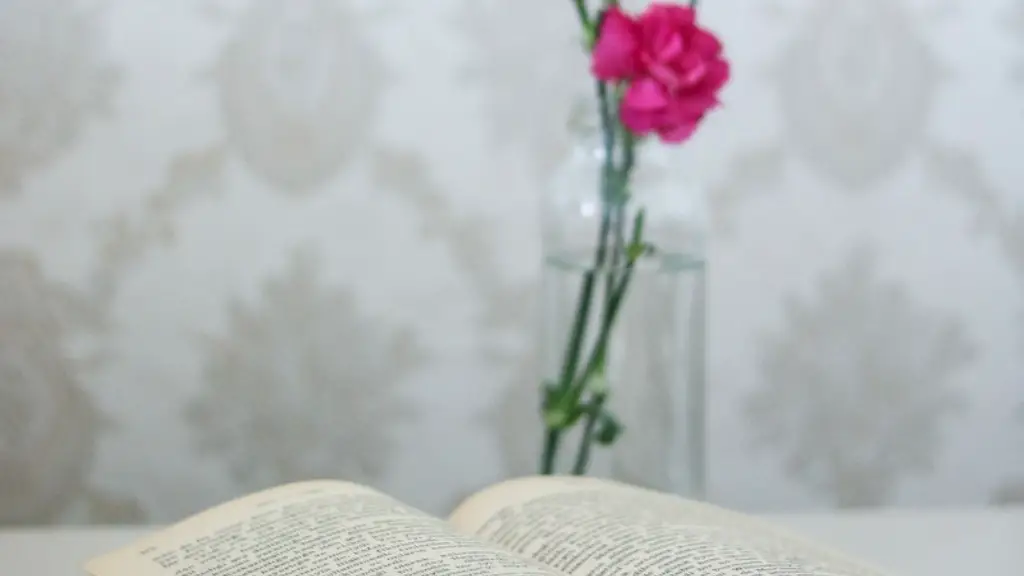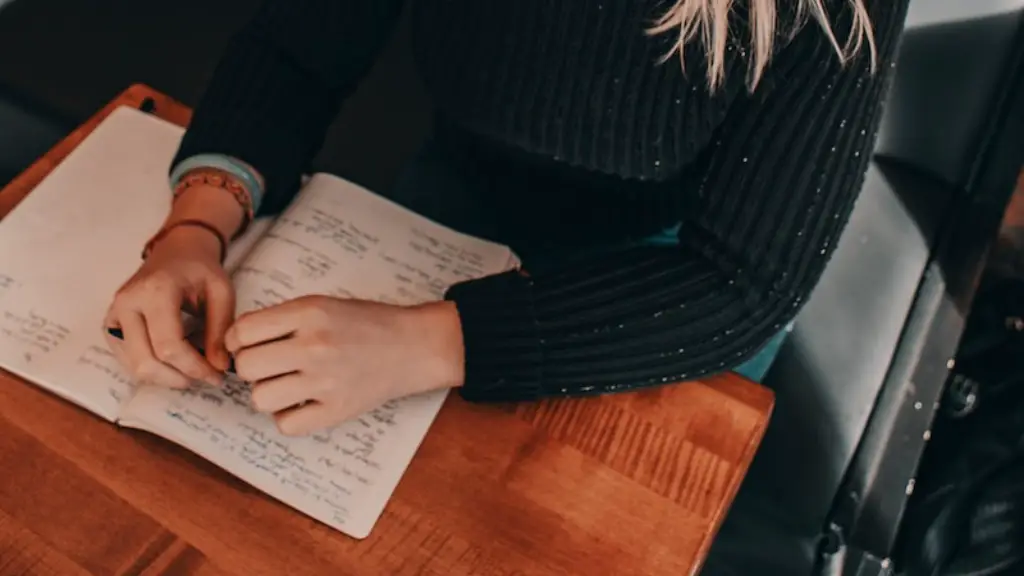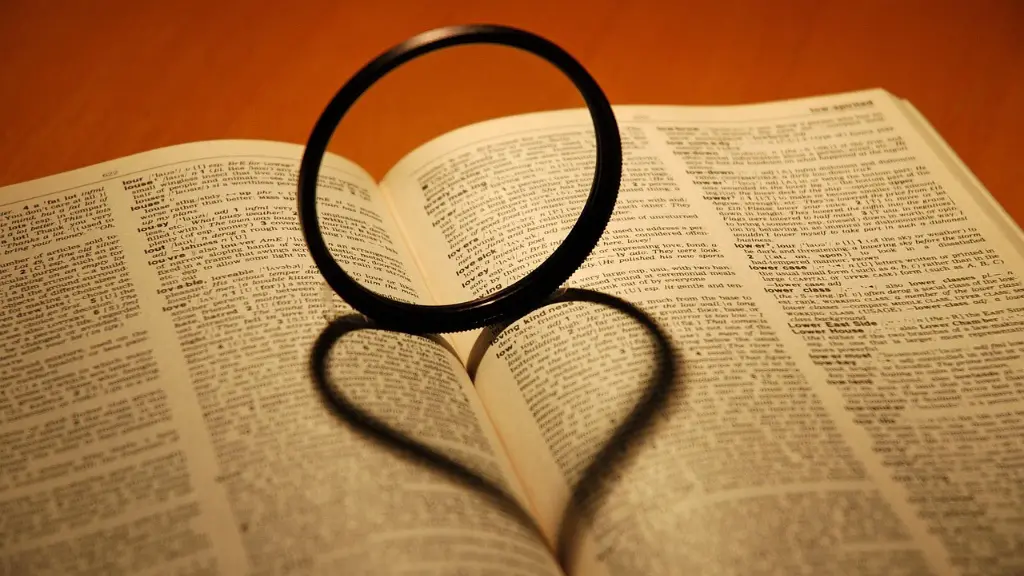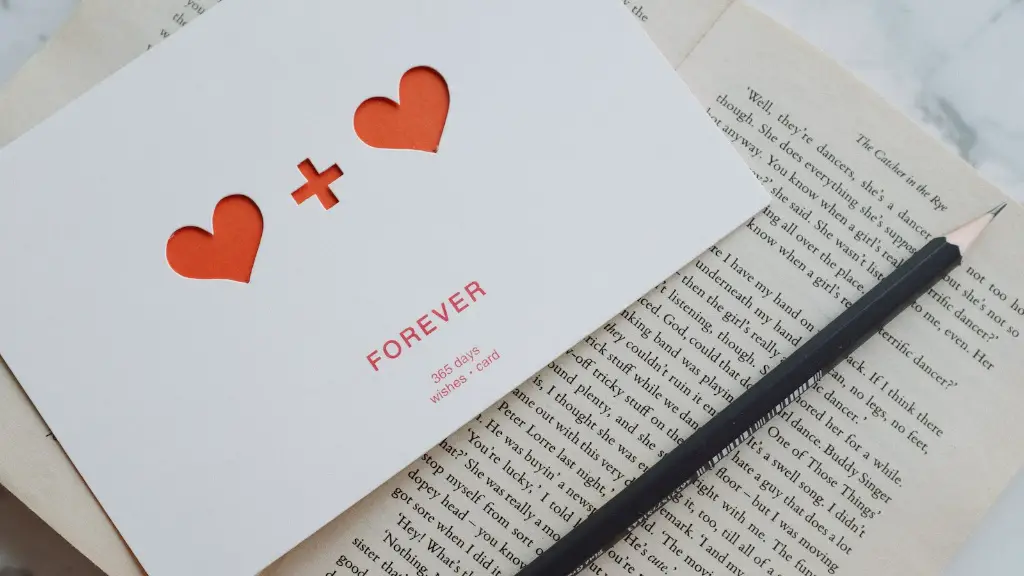Emily Dickinson was a prolific American poet who wrote during the mid-to-late 1800s. Many of her poems were published posthumously, and her work continues to be widely read and studied. One distinctive feature of Dickinson’s writing is her use of capitalization. While she didn’t always capitalize words, she did so frequently enough that it’s become one of the most recognizable aspects of her style. There are a few different theories about why Dickinson chose to capitalize certain words. One is that she wanted to emphasize the importance of the words she was writing about. Another possibility is that she saw capitalization as a way to add visual interest to her poems.Whatever the reason, Dickinson’s use of capitalization is one of the things that makes her poetry so distinctive and memorable.
Emily Dickinson tended to capitalize words that she felt were important, either for their meaning or for the way they sounded. This helped to create a sense of emphasis and importance in her poems.
Why did Emily Dickinson use capital letters?
Dickinson was known to be a very meticulous writer, and it is believed that she capitalized certain words in her poems to give them additional emphasis. Given her knowledge of German, it is possible that she was influenced by the German practice of capitalizing all nouns.
Dickinson’s use of capitalization is inconsistent, which may be intentional on her part. She does not capitalize every single noun, as demonstrated above. Furthermore, Dickinson also capitalizes words which are not nouns, as seen in lines 4 – 6 of “He fumbles at your Soul.” The word “ethereal” is an adjective, but Dickinson chooses to capitalize it. This inconsistency in capitalization adds to the ethereal, dreamlike quality of her poetry.
Why are some words in capital letters in a poem
Capitalizing the first letter of each beginning word in a line of poetry is traditional, if not contemporary and common. Historically, this is how poetry has been distinguished from other art forms when rendered on the page, and writing it this way is still often taught in elementary and secondary schools.
Dickinson is personifying death as a courteous gentleman who arrives in a horse-drawn carriage. This is one of many examples of personification in her work, where she assigns human characteristics to nonhuman objects. In this case, she is using personification to convey the idea that death is something to be courted or welcomed, rather than feared.
Why does Dickinson capitalize nouns that are not proper nouns?
There are different schools of thought on why Emily Dickinson chose to capitalize random words in her poems. Some say that she did it to give those words emphasis, while others believe she may have just been following her own personal style. Whatever the reason, her unique use of capitalization has certainly caught the attention of readers over the years.
Interestingly, the preamble to the United States Constitution also capitalizes common nouns such as “People,” “Order,” “Union,” “Justice,” and “Tranquility.” This was likely done to convey the importance of those concepts to the founding fathers. However, modern capitalization rules are much more restrictive, with tons of weird exceptions. So, while Emily Dickinson’s poems may not follow all the rules, they certainly have a style all their own.
There are no set rules for capitalization in poetry, and it is up to the poet to decide how to use it. However, minimizing capitalization can help the poem reflect the characteristics of spoken words instead of building pauses into the poem.
What words should never be capitalized?
In general, you should capitalize the first word, all nouns, all verbs (even short ones, like is), all adjectives, and all proper nouns. That means you should lowercase articles, conjunctions, and prepositions—however, some style guides say to capitalize conjunctions and prepositions that are longer than five letters.
Emily Dickinson is one of America’s most important poets. She is known for her use of slant-rhyme, for her inventive conceits, and for her unconventional punctuation. She is also known for her reclusive habits.Emily Dickinson was born in Amherst, Massachusetts, into a prominent family. She was an introspective and intensely private person. In her lifetime, only a handful of her poems were published. After her death, her sister Lavinia found a cache of nearly 1800 poems in Emily’s bedroom. Dickinson’s poetic legacy was finally recognized, and she is now considered one of America’s greatest poets.
What are 5 interesting facts about Emily Dickinson
Emily Dickinson Facts
Her father was a United States Senator
Only ten of her poems were published during her lifetime
The Dickinson family were devout Calvinists
Botany was a passion in her early years
She was incredibly reclusive
Several mysterious love affairs may have taken place
I agree that the unnecessary caps can be annoying, but I think they can also be used in a humorous way. I think it all depends on the context and the tone of the writing.
What are the capitalization rules in poetry?
The rules for capitalization in classical poetry are different from those for prose. In poetry, the first word of each sentence and the first word of each line is traditionally capitalized. These rules are consistently found in older, classical poetry.
Dickinson’s use of dashes and capitalization is unique and creates a certain kind of rhythm in her poems. It’s not entirely clear why she chose to do this, but it’s part of what makes her poetry so special.
What are the only words that don’t get capitalized in titles
There are some words that are not capitalized in title case, and these include articles (a, an, the), coordinating conjunctions (and, but, for), short (fewer than 4 letters) prepositions (at, by, to, etc.).
The rules for capitalization of titles are quite simple: capitalize the first word, the last word, and all major words in between. Minor words, such as articles and short prepositions, are not capitalized unless they are the first or last word of the title. When in doubt, ask yourself if the word would be capitalized in a sentence, and if so, it should be capitalized in the title as well.
What is the irony in Because I could not stop for Death?
The very first line of the poem, “Because I could not stop for Death” is ironic. It is written from the perspective of an old person who is waiting for death and is afraid of death. However, in contrast, Emily Dickinson was so busy in her life that she didn’t even have time to think about death.
A proper noun is a specific name for a specific person, place, company, or other thing. Proper nouns should always be capitalized.
Capitalization can be used to denote importance or distinction. Proper nouns are always capitalized, and important words in headlines and titles are often capitalized as well. This can help to make your writing more clear and concise, and can also help to add emphasis to certain points.
A proper noun is a specific name for a specific person, place, or thing and is always capitalized. A common noun is a general name for a general concept or thing and is only capitalized at the beginning of a sentence.
Final Words
There is no one answer to this question, as Emily Dickinson may have had different reasons for capitalizing certain words in her poetry. Some possible explanations include wanting to emphasize certain words or phrases, to create a certain rhythm or rhyme scheme, or to add visual interest to the poem.
What Emily Dickinson was doing was marking the places in her texts where she paused when she read them aloud, which is why she chose to capitalize certain words. It was her way of indicating to the reader that there should be a pause at that point in the text.
